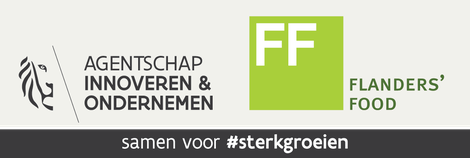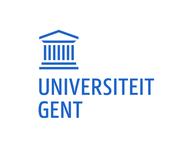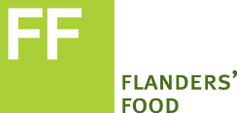Intelligent-FRY
Towards intelligent optimization and understanding of the multistage production process of frozen par-fried potato fries, considering variable incoming potatoes, the final quality of the Belgian fry, and process water management.
Funding
Intelligent-FRY is a research project of the cSBO type (Strategic Basic Research within the spearhead cluster for the agri-food industry); HBC.2022.0458.
Summary
Belgian fries are a beloved snack worldwide, but their production is not as straightforward as it seems. The quality of Belgian fries is strongly influenced by the characteristics of the incoming potatoes, ranging from the maturity of the potato to the season of harvest. This variation makes achieving consistent high-quality fries a big challenge for the potato processing industry. Moreover, potato processors have to comply to increasingly stringent environmental and sustainability requirements related to the use of process water.
The key role to meeting all these demands lies in process optimization. Currently, a trial-and-error approach is used, but this method, applied from batch to batch, is reaching its limits as more aspects need to be taken into account.
Introducing intelligent-FRY
To improve the production process and optimize the use of the incoming potato lots and process water, a deeper understanding is needed of the complex relationship between the product and the process. Despite numerous lab-scale experiments on this subject, they often fail in accurately representing real industrial settings. This is where intelligent-FRY comes in. The project aims to understand how the multistage production process of frozen par-fried potato fries affects the quality of the final product and the water usage that comes with it, considering the varying characteristics of the incoming potatoes. This knowledge will then be used to create a software code for a pilot expert system, aiming to replace the trial-and-error approach in process optimization.
The Belgian Fries Pilot Line @ VEG-i-TEC
To closely mimic the industrial setting, an investment has been made in the Belgian Fries Pilot line, which will operate in research building VEG-i-TEC (UGent Campus Kortrijk). This line will be used for experiments, aiming to produce results that are industrially representative. These results will be instrumental in creating optimal process control for the potato processing industry.
Belgian Fries Pilot Line was funded via the ERDF-project 1327.
Partners
Duration
January 2024 to January 2028
Contact
Prof. dr. ir. Bruno De Meulenaer (project coordinator) – Research unit Food Chemistry and Human Nutrition
Prof. dr. ing. Imca Sampers – Research unit VEG-i-TEC



